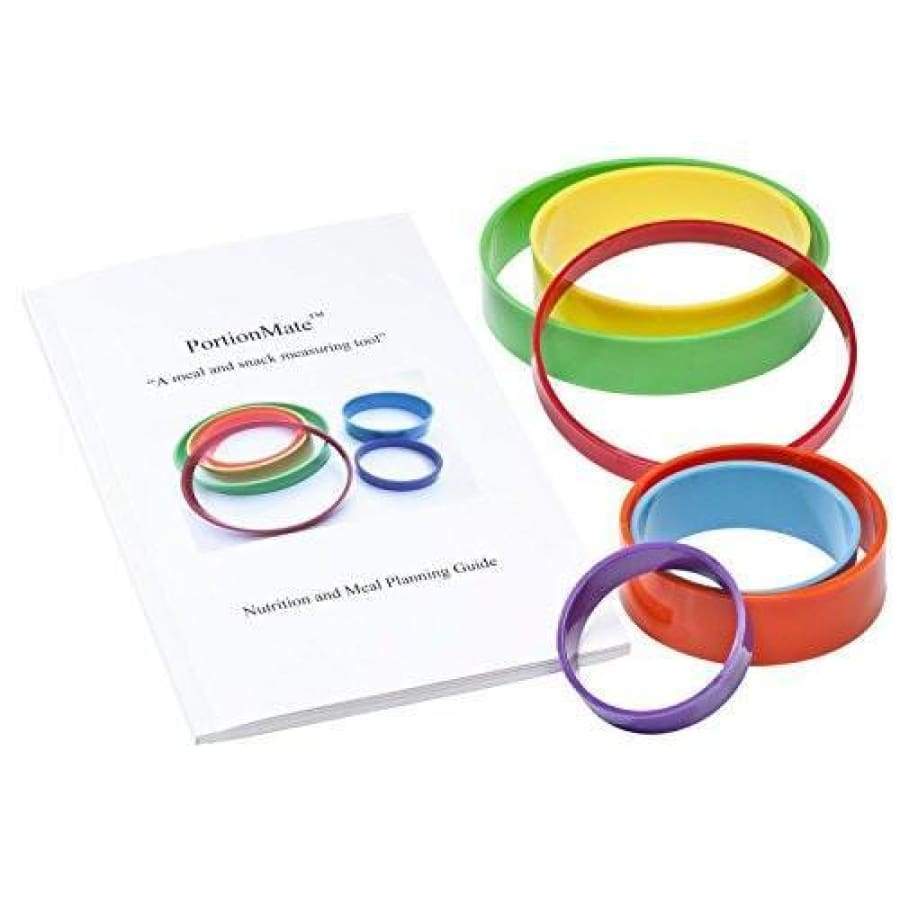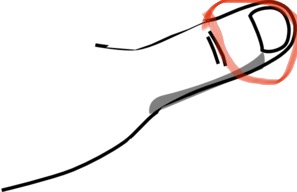I discovered today that I should not be intermittent fasting or delaying eating til later in the day. It has led to weight gain.
Apparently, if you are stressed and have high cortisol levels, then you intermittent fast, the body cant tell if you are in a famine or stressed from whatever else it is.
So my dietician explained today my weight gain is due to cortisol and not eating frequently enough that my body knows there is no famine here.
I was not eating til the afternoon cause of the dawn effect pushing my BGL up til the afternoon. So I would wait til it came down til I ate.
Worked a treat for my insulin and HbA1c…but stacked on 10kg!
I thought this information may help someone else.
Will revisit and report on my progress/no progress after awhile of 3 meals a day disregarding glucose levels which should be fine with keto meals anyway.
I am very fortunate to have a very bright keto dietician who really does know what I don’t. I think she has saved my bacon! Again!
This stuff is so complex.
Edit to add…I have a cyst on an adrenal gland and an endocrinologist monitors it. It hasn’t done anything at all for the years since it was discovered and I have a bash of blood tests every 6 months to monitor. I always have high cortisol and I have been massively stressed for years, by a family situation that will shortly be resolved.



